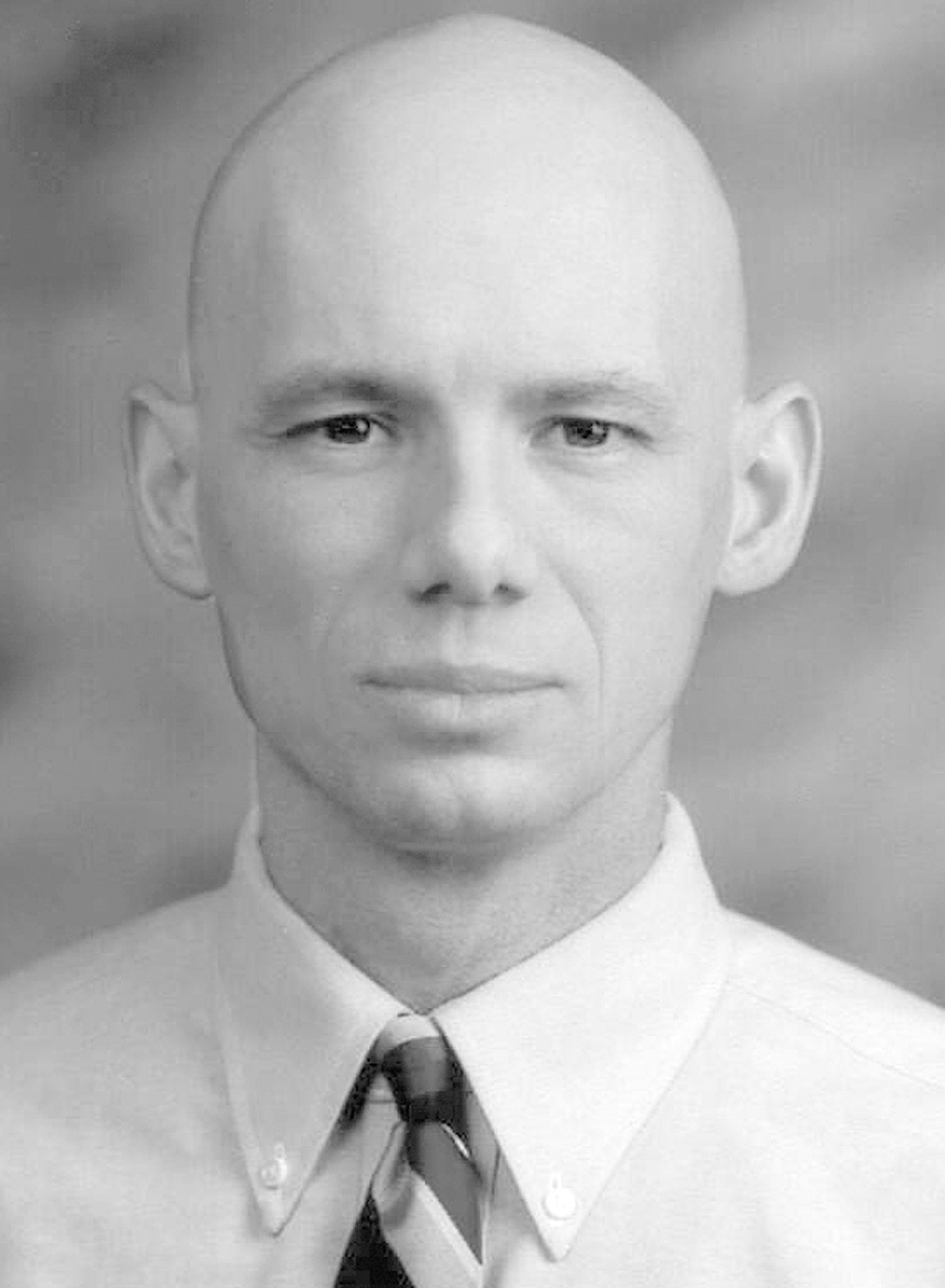News
Editorial: Let's find a cure through love
Scott Wagar
10/09/2012

October is National Breast Cancer Awareness Month.
Breast cancer is one of the most diagnosed cancers in the medical field when it comes to cancers. According to BreastCancer.org there are some startling facts and statistics about breast cancer in United States, which includes:
- About one in eight U.S. women (just under 12 percent) will develop invasive breast cancer over the course of her lifetime.
- In 2011, an estimated 230,480 new cases of invasive breast cancer were expected to be diagnosed in women in the U.S., along with 57,650 new cases of non-invasive (in situ) breast cancer.
- About 2,140 new cases of invasive breast cancer were expected to be diagnosed in men in 2011. A man’s lifetime risk of breast cancer is about 1 in 1,000.
- About 39,520 women in the U.S. were expected to die in 2011 from breast cancer, though death rates have been decreasing since 1990 — especially in women under 50. These decreases are thought to be the result of treatment advances, earlier detection through screening, and increased awareness.
- For women in the U.S., breast cancer death rates are higher than those for any other cancer, besides lung cancer.
- Besides skin cancer, breast cancer is the most commonly diagnosed cancer among American women. Just under 30 percent of cancers in women are breast cancers.
- In 2011, there were more than 2.6 million breast cancer survivors in the U.S.
- A woman’s risk of breast cancer approximately doubles if she has a first-degree relative (mother, sister, daughter) who has been diagnosed with breast cancer. About 15 percent of women who get breast cancer have a family member diagnosed with it.
- About five to ten percent of breast cancers can be linked to gene mutations (abnormal changes) inherited from one’s mother or father. Mutations of the BRCA1 and BRCA2 genes are the most common. Women with these mutations have up to an 80 percent risk of developing breast cancer during their lifetime, and they are more likely to be diagnosed at a younger age (before menopause). An increased ovarian cancer risk is also associated with these genetic mutations.
- The most significant risk factors for breast cancer are gender (being a woman) and age (growing older).
With these statistics one can understand why our nation has a Breast Cancer Awareness Month. Sadly, breast cancer affects everyone in the United States and the world. In my family alone this past year, two members were dealt with breast cancer in their own ways. One was tested for the BRCA1 and BRCA2 links and tested positive. She went through a double mastectomy to secure herself from future trouble with breast cancer.
The other family member was diagnosed with breast cancer and had no choice but to have a double mastectomy and had to be treated with chemo and other difficult treatments to survive her cancer.
And, one of my closest friends is a breast cancer survivor who went through the same treatments my relatives did. For me, knowing what my family members and friend have gone through to survive, I wish for one important thing in life – a cure for breast cancer.
When learning that people close to me had breast cancer, and hearing of their struggles that come with breast cancer, my heart was broken in so many different ways. Breast cancer is a difficult thing to go through, especially for women, and it affects themselves, their families and friends in the worse way through mental, physical and emotional pains and worries.
However, due to Breast Cancer Awareness Month, statistics are improving for those diagnosed with cancer through research, new treatments and preventive measure.
If you are one of those individuals who haven’t thought much of breast cancer, I would encourage you to get into the game and donate money, volunteer your time and be a friend to those who are suffering with this type of cancer.
Mother Teresa once said, “I have found the paradox that if I love until it hurts, then there is no hurt, but only more love.”
Find that love Mother Teresa spoke of because without you a cure for breast cancer will not take place. Love… love until it hurts until we can take all the pain of breast cancer away from those who suffer from this excruciating disease, so they can only feel love from the freedom of cancer.
